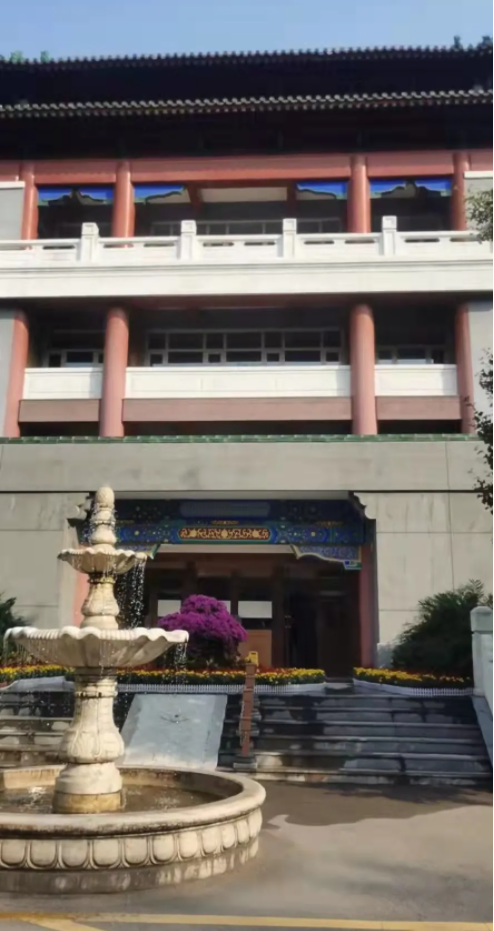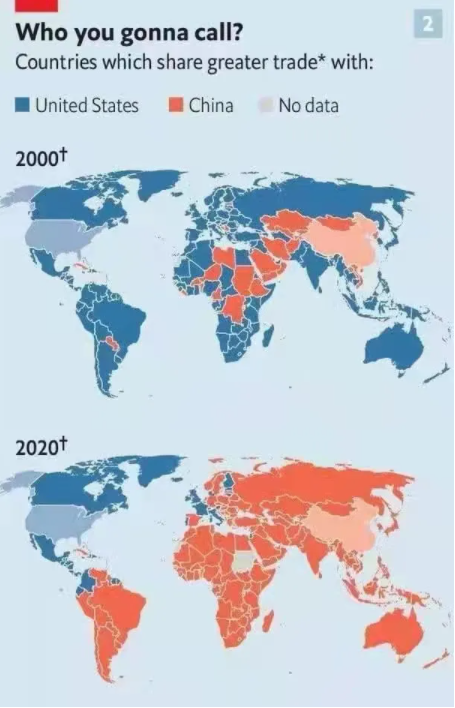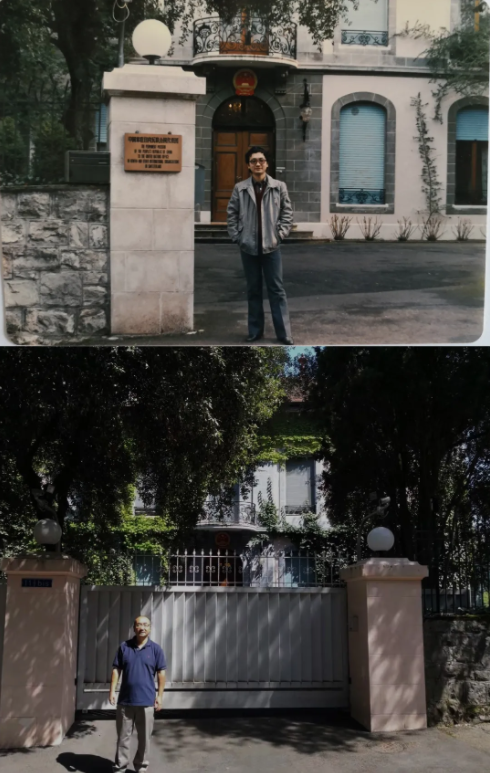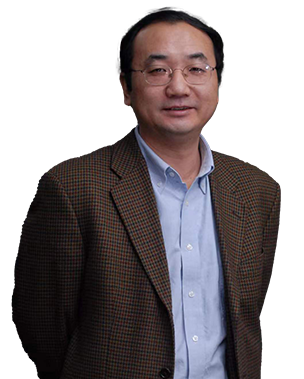Years pass by, and old events unfold (concluding remarks)
Editor's Note: During the fifteen years from 1986 to 2001, after arduous negotiations, China joined the World Trade Organization. Wang Lei, a lawyer from Gaopeng Law Firm, has been fully and deeply involved in the negotiation from the beginning and is a legal person in the negotiation delegation. This year marks the 20th anniversary of China's accession to the WTO. Lawyer Wang has written a series of articles on "The Legal Person and the Past of the WTO", recalling every bit of the eventful years. We also take this opportunity to pay tribute to those who stood at the forefront of reform and opening up and worked hard in the negotiations for the national interests.
Follow the above passage "Time flies, Old Stories unfold (Part 11 of the series)" (click on the title to view it).
In the spring of this year, several old colleagues who negotiated China's accession to the WTO gathered together. The reason why I am an old colleague is that these are all the old days of Paoze, who met and knew each other more than 30 years ago when the negotiation started. We jokingly call them "Huangpu Phase I". Everyone believes that this year marks the twentieth anniversary of China's accession to the WTO, and something should be written to commemorate it. "If we don't write on the 20th anniversary, fewer people will be able to write on the 30th anniversary." Someone sighed. Indeed, the weak crown years of the light hoofed fast horse in those days have now passed, and the year of knowing one's fate is approaching.
Thirty-five years ago, the Ministry of Foreign Trade and Economic Cooperation officially established the General Agreement on Tariffs and Trade (GATT) Office, and our team only opened. There were only 78 people and one office in total. This is the most primitive team in China's WTO accession negotiations and the Uruguay Round of multilateral trade negotiations. Although the number of people is small, the energy is amazing. We drafted an application letter for the restoration of seats in the GATT and a memorandum on China's foreign trade system, attended the ministerial meeting of the Uruguay Round, initiated bilateral consultations with the United States and Europe, and conducted frequent exchanges with officials of the GATT Secretariat. Here, we have brought back the ignorance and confusion of the members and the Secretariat about the "planned commodity economy" system. We first proposed to our superiors whether to propose a "socialist market economy", but it was rejected due to the lack of opportunity. It is also here that we have encountered issues such as "tariff concessions", "selective safeguards", and "mutual non applicability", ranging from little knowledge to a clear understanding. (See series IV and V)

Figure 1: No. 28, Donghou Alley, Andingmenwai. The customs and trade office established 35 years ago is located in the middle of the second floor directly above the gate. It is now the reception room of the Research Institute Building of the Ministry of Commerce
Today, China has a team of over 50 people specializing in WTO affairs, bearing the weight of being the world's largest trading country, and playing a pivotal role in the multilateral system of the WTO. Twenty years after China's accession to the WTO, China has long ceased to be a second-class citizen as an observer. As in the past, it was necessary to wait for others to finish speaking before it was our turn to speak, not to mention the fact that the representative of the United States vetoed our right to speak. "China is not a member and has no right to express opinions on the agreement." (See Series 10) China is speaking at the WTO today, and the entire audience is listening carefully and thoughtfully.
In the twenty years since China's entry into the WTO, profound changes have taken place in the layout of world trade.

Figure 2: The blue area indicates that the United States is the largest trading partner of these countries; The red zone indicates that China is the largest trading partner of these countries. The top figure is 2000, and the bottom figure is 2020. Drawn by: International Monetary Fund
In the past two decades, profound changes have taken place in China. Before joining the WTO, there was no consensus on the pros and cons; "The wolf is coming," and there are many doubts about the unbearable impact of agriculture, industry, and service industries in China. The fact of China's entry into the WTO for two decades has fully demonstrated that China's economy and trade have unleashed unprecedented vitality, with more Chinese export products pouring into the world, opening up and introducing market competition, driving the improvement of domestic industrial level. The prediction made by Vice Minister Tong Zhiguang, the second negotiator, that he would "choose which car to drive at home to go to work in the morning" came true (see series 9). In the past two decades, China has accelerated its pace of transformation from a major trading country to a powerful country, becoming not only a major exporter of labor intensive products, but also a powerful competitor in the global high-tech product market.
In the past two decades, profound changes have taken place in the WTO itself. The multilateral trading system has never had so many members as the WTO, nor has it ever carried such a heavy burden and made such a difficult journey. The "Doha Round" of the first round of negotiations launched after the establishment of the WTO has encountered unprecedented failures in the history of the multilateral trading system, while small-scale plurilateral agreements, regional trade agreements, and free trade agreement arrangements have emerged in an endless stream. The well-designed WTO dispute settlement mechanism of the Uruguay Round has also encountered unprecedented functional stoppages. The traditional market and rule disputes among WTO members have evolved into unprecedented development path and system disputes.
However, the WTO is still the carrier of the common will of many members in the current trade field, and there is no substitute; The basic trade rules established by the multilateral trading system with the WTO as its core are still the basic norms for the trade behavior of all parties. No matter what scope of regional platforms and frameworks, they are all based on the rules established by the WTO.
During the writing period, China applied for accession to the Comprehensive and Progressive Trans-Pacific Partnership Agreement (CPTPP), an agreement negotiated by more than a dozen countries in 2015 20 years after the establishment of the WTO, which can be regarded as an upgraded version of the WTO. Taiwan, China of China immediately applied to join the WTO, and just as it applied to join the WTO that year, it acted as a "separate customs area of Taiwan Pengjin and Malaysia". Thirty-one years ago, when Taiwan applied to join the predecessor of the WTO, GATT, we went door to door in the streets of Geneva City to "clean up" mines. We reiterated our three principles over and over again, that is, Taiwan must adhere to one China, consult with China, and follow Taiwan (see series 7) when entering the GATT. On the eve of the establishment of the WTO 28 years ago, when negotiating membership in the WTO Charter, we raised concerns about the issue of separate tariff areas (see Series X), and now the CPTPP has activated this issue.
History repeats and resembles so quickly. This makes it even more meaningful to commemorate the 20th anniversary of China's accession to the WTO this year.
The negotiations on China's accession to the WTO, which began 35 years ago, and its accession to the WTO 20 years ago, are milestones in reform and opening up. I am glad that I was born at the right time to participate in and witness this period of history. After several decades, now whenever I think of the fiery years, their emotions, scenes, people, and events are still vivid and vivid, becoming a permanent imprint in my mind.
Youth is gone, and grey hair is born. Looking back, I have not regretted wasting my time, nor have I been ashamed of doing nothing. Exactly:
Time flies,
The old story has already begun.
Youth carries me,
White hair corrupts temples.
A coir raincoat covered with misty rain,
Over the years, we have gone through vicissitudes of life.
The youth has no regrets,
Smile and comfort the past.

Figure 3: Above, the author kept a photo in front of the Chinese Permanent Mission in Geneva when working in 1988; Below, revisit the hometown in 2018, and keep the photo at the same place
(This article is translated by software translator for reference only.)
Related recommendations
- Can I get a tax refund if my bet fails? ——Comment on the case of Wang and Shanghai Taxation Bureau's refusal to refund taxes
- How shareholders can withdraw their shares Series 2: Company merger, division, or transfer of major assets
- From the Xiao incident to see the complex impact of spousal reporting - a double-edged sword in divorce proceedings
- Analysis of Criminal Legal Risks in Low altitude Economy and Preliminary Exploration of the Road to Criminal Compliance in Low altitude Economy



